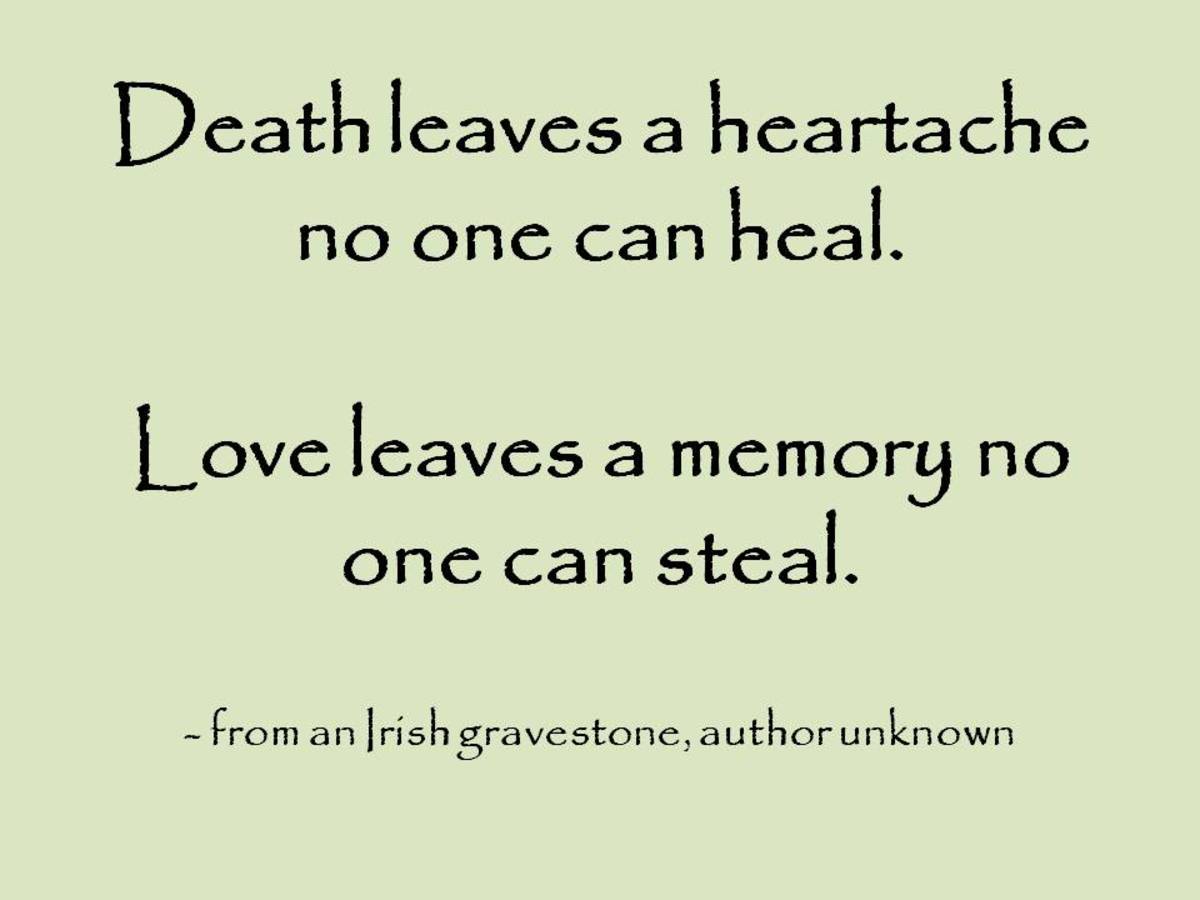Coping with Loss and Grief for Seniors
About the Author
LQWilliams is a Master’s level social worker with more than 15 years of experience. Her training and specialties include therapeutic services with children/families, child protective services, mental health support services for adults, and medical social work. In addition, she is licensed as a certified substance abuse counselor.
Dealing with loss and grief is hard for us all. For seniors, however, it can be especially difficult. Though older adults experience grief in much the same way as other adults, losses tend to come at a much greater frequency. When considering loss and grief we typically think of the death of a loved one. The fact is, however, seniors experience a myriad of losses in a very short period of time. These can include the loss of health, physical strength, cognitive functioning, social status, careers, independence, autonomy, and much more. In fact, older adults experience more losses than any other age group.
Loss is a natural part of aging. Some losses may seem minor but can bring about memories and feelings of an even greater loss. In addition, losses can have multiple ramifications, including psychological, social, and physical. For example, the loss of a driver's license due to physical or mental limitations can affect self-esteem, independence, and a person's sense of responsibility. As with this example, there are many losses that have a broader symbolic meaning and multiple losses can severely strain a persons ability to cope.

The 7 Stages of Grief
- Shock
- Denial (This isn’t happening to me)
- Bargaining (I promise to be a better person if…)
- Guilt (If only I had/hadn’t…)
- Anger (Why is this happening to me? Who is to blame?)
- Depression (I’m too sad to do anything)
- Acceptance (I am at peace with what has happened)
Why is Learning to Cope with Grief and Loss as a Senior So Important?
Grief is a natural response to loss and seniors face a multitude of losses. Certain losses, such as the death of a spouse, are obvious. It is the cumulative effect of the more subtle and gradual losses, however, that send many seniors into emotional overload. Grieving over a long period of time and grieving multiple losses simultaneously can be overwhelming. Yet, it is the very situation that many seniors are in. Many seniors begin to feel numb and quite a few fail to even recognize that they are actually grieving.
The typical changes that occur in the lives of many older adults are usually described by their family and friends as “for the best.” For example, the loss of driving privileges or moving to live with an adult child may be necessary for safety and security. Regardless of the reason or the importance, change can still be a very difficult thing. Many seniors feel an immense sense of loss following these events. They are often the first signs that they are no longer independent, that their health is truly failing, and that there is a need to change the family roles. These can be devastating realizations.
Seniors do not typically cope as well with loss as younger people. This is because there is usually years worth of meaning behind the losses that seniors experience. There are also fewer years ahead for moving on.

The Difference Between Grief and Depression
Though not normal, clinical depression in the elderly is common. Depression affects approximately 6 million Americans age 65 and older. Of these, only about 10% receive treatment. This is believed to be because many symptoms of depression are attributed to the multiple illnesses that many older adults experience.
Grief and depression often share the same symptoms. This makes distinguishing between the two difficult but not impossible. Unlike depression, grief presents more like a roller coaster. It is typically expressed in a wide variety of emotions with good days as well as bad. Grief is often accompanied by moments of pleasure and happiness. With depression, however, the empty feelings are constant.
Being able to distinguish between grief and depression in the elderly is of great importance. Depression increases the risk of suicide. The National Institute of Mental health considers depression in people age 65 and older to be a major health issue. In addition, the suicide rate for people ages 80 to 84 is more than twice that of the general population.
Tasks of the Grief Process
There are several ways to look at the grief process. Generally speaking, a grieving person must accomplish four tasks in order to regain balance in life:
1. Accpet the reality of the loss
2. Experience the pain of grief
3. Adjust to the changes
4. Withdraw emotional energy from what was lost and reinvest it in people and/or other activities
Why Does a Grieving Senior Need Help?
Quite frequently, seniors are not credited as experiencing the same depth of grief as younger people. Some believe that elders should be used to people dying because they have lived so long. This lack of validation can sometimes cause seniors to withhold their own expressions of grief which, in turn, can lead to mental, physical, or emotional problems.
Unfortunately, grieving seniors sometimes do not know that they are grieving. Even when they are aware, they are not likely to share this information with anyone. This is believed to be because seniors are used to being the caretakers, and as such they are not prone to share their problems with those they were once responsible for. Also, even the seemingly minor losses can have a major impact on older adults. Change is difficult and multiple changes can be devastating. Some older adults need more time to adjust to change then others and this is perfectly okay.
Older adults are also more likely to become physically ill after experiencing a major loss. Pre-existing conditions may become worse and some health concerns can actually interfere with the senior's ability to grieve. These are all factors that should be considered when attempting to help a senior overcome grief and loss.








